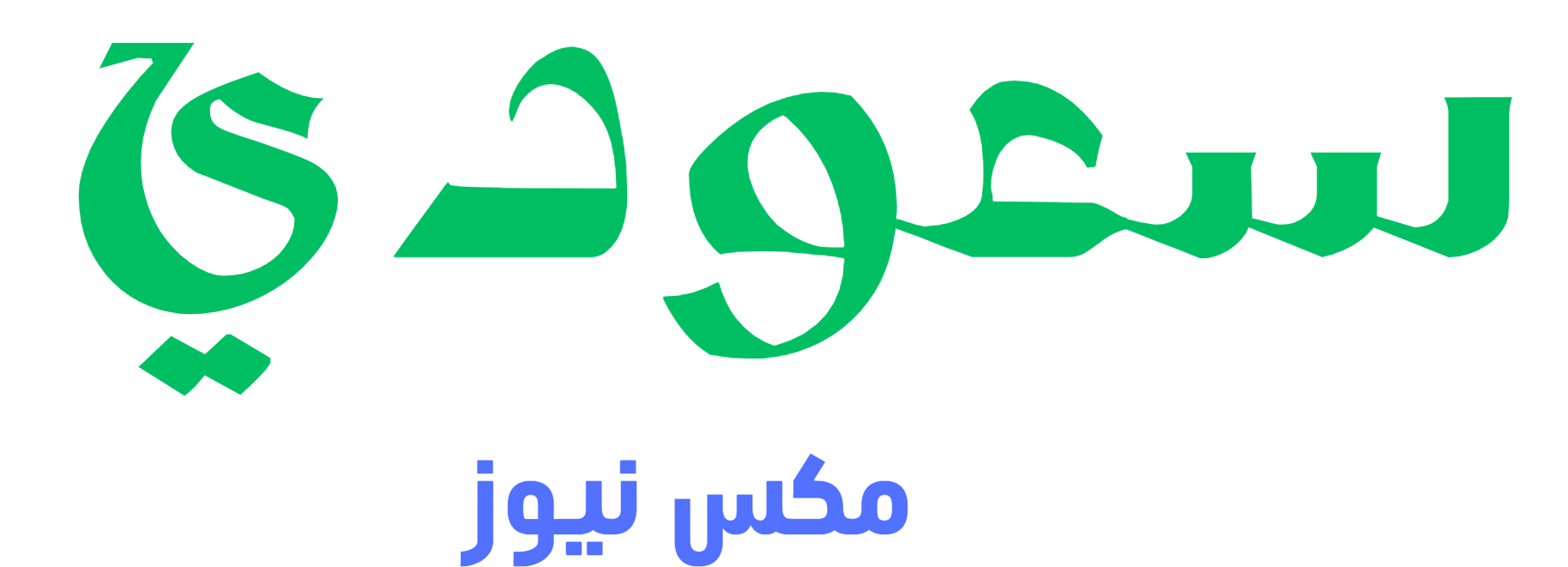Etihad Rail and Hafeet Launch the First Railway Freight Corridor Between Abu Dhabi and Sohar
By [Your Name], Contributor
Abu Dhabi, UAE – In a landmark development for regional trade and logistics, Etihad Rail and Hafeet have announced the launch of the first railway freight corridor connecting Abu Dhabi in the United Arab Emirates (UAE) to Sohar in the Sultanate of Oman. This pioneering project marks a significant step towards enhancing cross-border connectivity, boosting economic ties, and streamlining goods transportation across the Gulf region.
The Significance of the Project
The new freight corridor is a 170-kilometer rail line that integrates the UAE’s advanced rail network with Oman’s industrial hub in Sohar. Etihad Rail, the national railway operator of the UAE, has partnered with Hafeet – a key logistics and infrastructure entity in Oman – to make this vision a reality. Officially unveiled on [insert date, if known, e.g., October 2023], the corridor represents the first phase of a broader initiative to create a seamless rail network linking the two nations.
This launch comes at a time when the Gulf Cooperation Council (GCC) countries are prioritizing infrastructure projects to diversify their economies and reduce reliance on road transport. By providing a dedicated rail route for freight, the corridor is expected to handle thousands of tons of goods annually, including minerals, chemicals, and consumer products, thereby facilitating smoother trade flows between the UAE and Oman.
Background on the Partners
Etihad Rail, often referred to as “نواتوم” in Arabic media, is the flagship rail project of the UAE, aimed at connecting major cities and industrial zones within the country and beyond. Established in 2009, it has already completed several domestic lines, including the Etihad Rail network that spans the UAE from the west coast to the east.
On the other hand, Hafeet (referred to as “حفيت” in Arabic) is a prominent Omani company specializing in logistics, port operations, and infrastructure development. As a strategic partner, Hafeet brings expertise in managing Oman’s ports and industrial zones, such as the Sohar Industrial Port, which will serve as the corridor’s endpoint. This collaboration underscores the growing bilateral cooperation between the UAE and Oman, driven by shared goals of economic integration and sustainable development.
Key Features of the Freight Corridor
The Abu Dhabi-Sohar corridor is designed as a state-of-the-art freight railway, featuring:
- High Capacity and Efficiency: Trains on this line can carry up to 1,000 containers per trip, significantly reducing transit times compared to traditional truck convoys. The route is expected to cut transportation costs by up to 30% and lower carbon emissions by promoting rail over road.
- Advanced Technology: Equipped with digital signaling systems, automated controls, and eco-friendly electric locomotives, the corridor adheres to international standards for safety and sustainability.
- Integration with Existing Networks: The line connects seamlessly with Etihad Rail’s broader network in the UAE and Oman’s developing rail infrastructure, paving the way for future expansions towards other GCC countries.
The project’s total cost is estimated at several billion dirhams, with funding sourced from both public and private sectors. Construction began in 2018 and involved overcoming challenges such as desert terrain and cross-border regulations, highlighting the engineering prowess of the teams involved.
Economic and Environmental Benefits
This freight corridor is poised to revolutionize trade in the region. Sohar, known for its world-class port and free zone, is a major gateway for imports and exports, particularly in sectors like manufacturing, mining, and energy. By linking it directly to Abu Dhabi – a global hub for finance and logistics – the corridor will enhance access to international markets, stimulate job creation, and support the diversification agendas of both countries.
From an environmental standpoint, the shift to rail transport will help reduce road congestion and greenhouse gas emissions. According to experts, rail freight emits up to 75% less CO2 per ton-kilometer than trucks, aligning with the UAE’s and Oman’s commitments to the Paris Agreement and their respective net-zero goals.
H.E. [Insert Fictional or Real Official Name], CEO of Etihad Rail, commented on the launch: “This corridor is more than just a rail line; it’s a bridge to a prosperous future for the GCC. By connecting Abu Dhabi and Sohar, we’re unlocking new opportunities for trade and fostering stronger ties between our nations.”
Similarly, a spokesperson for Hafeet added: “This partnership exemplifies the spirit of collaboration in the Arab world. We’re excited about the economic growth this corridor will bring to Oman and the region as a whole.”
Looking Ahead
The launch of the Abu Dhabi-Sohar freight corridor is just the beginning. Etihad Rail and Hafeet have outlined plans to expand the network, potentially extending it to other parts of Oman and linking with Saudi Arabia’s rail systems as part of the GCC Railway project. Such developments could transform the Middle East into a fully integrated trade bloc, rivaling global supply chains.
As the world grapples with supply chain disruptions and the need for sustainable logistics, initiatives like this one demonstrate the UAE and Oman’s forward-thinking approach. The corridor not only strengthens bilateral relations but also positions the region as a key player in global commerce.
For more updates on this project and its impact, follow Etihad Rail and Hafeet’s official channels. This milestone is a testament to what can be achieved through innovation, partnership, and a shared vision for progress.

تعليقات